Dhaka, April 11 (V7N) – "As long as this nation remembers the pain of the July uprising, it will remain on the right path. If we forget it, we will go astray," said Cultural Affairs Advisor Mustafa Sarwar Farooqui, emphasizing the importance of collective memory in shaping Bangladesh’s future.
He made the remarks as a special guest at the ‘July Awakening’ program organized by the July Community Alliance at Shah Ali Mazar, Mirpur, on Friday. The event honored the martyrs and injured of the July uprising, with several family members of the victims present.
Farooqui acknowledged the government's limitations in fully rehabilitating the families of those affected. "We may not have been 100% successful due to resource or procedural barriers," he said. "But there is no lack of will. In our cabinet meetings, we openly admit that what we have done is not enough."
Highlighting a significant cultural initiative, he announced the creation of a 'July Museum', designed to deeply immerse visitors in the pain and history of the July-August period. "It will not be a conventional museum. Anyone who visits it will walk through our collective grief. When they leave, their legs will feel heavy," he said, pledging to preserve the voices and stories of the victims and their families.
Among those in attendance were family members of the martyrs, including Tabassum Akter Niha, wife of martyr Md. Nadim, and Mosharraf Hossain, father of martyr Meherun Nesa Tanha. They voiced frustration over the delay in justice and the absence of proper rehabilitation, saying, "Even after eight months, we have not received justice. The perpetrators of genocide must be tried without delay."
The day-long program featured a medical camp for the poor and helpless, an exhibition of July graffiti, protest photography, and movement-era newspapers, as well as poetry readings, testimonies from wounded protesters, children's artwork, a singing competition, and a book fair.
The event was chaired by Mohammad Romel, Chief Coordinator of July Community Alliance Mirpur, and was attended by a host of cultural figures and activists including Mahfuzur Rahman, Abul Basar Sohel, Ali Nur, poet Naqib Mukshi, Hasnat Shoaib, Taufiq Hasan, Humayun Shafiq, Uday Hasan, and Milan Hossain.
END/MSS/AJ



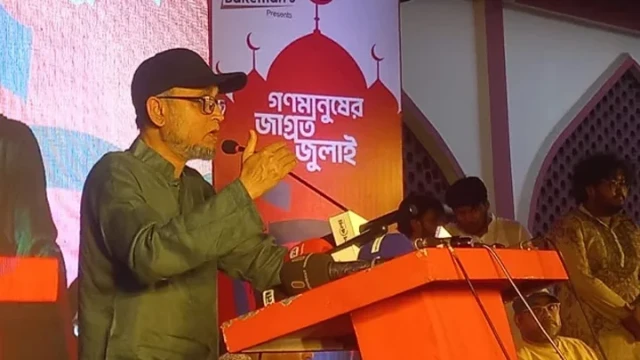
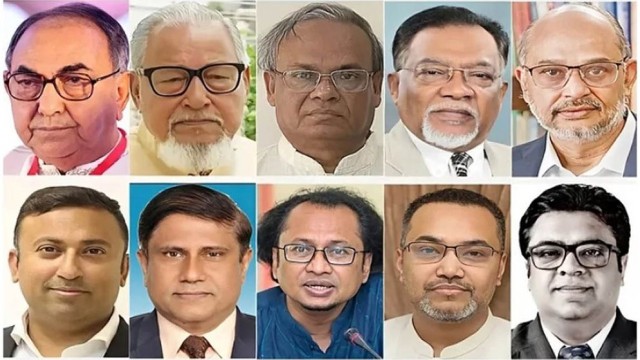

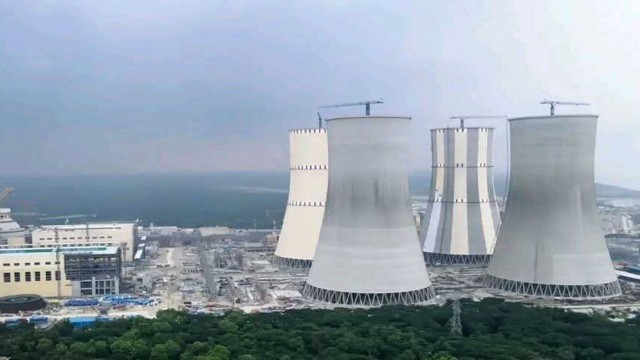
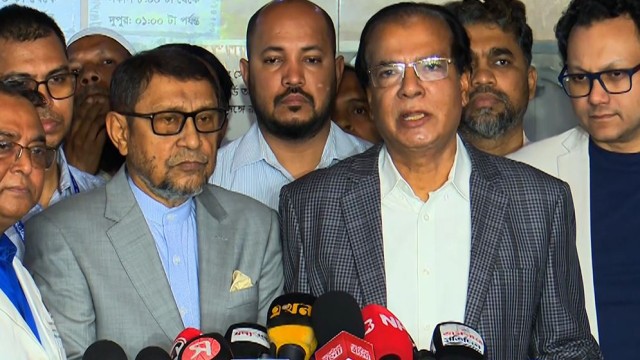
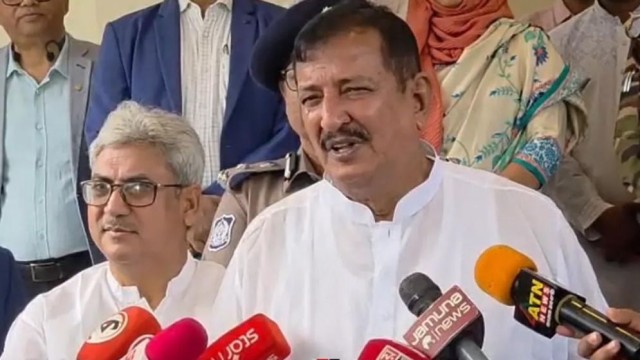
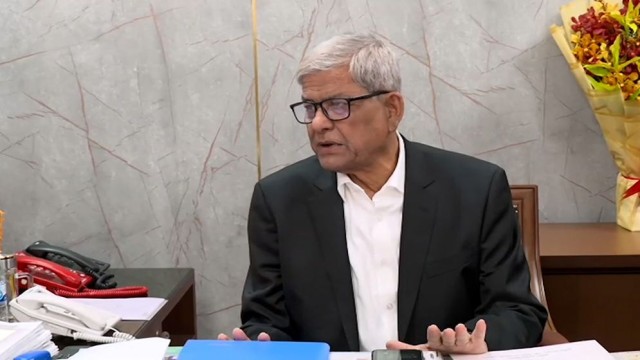
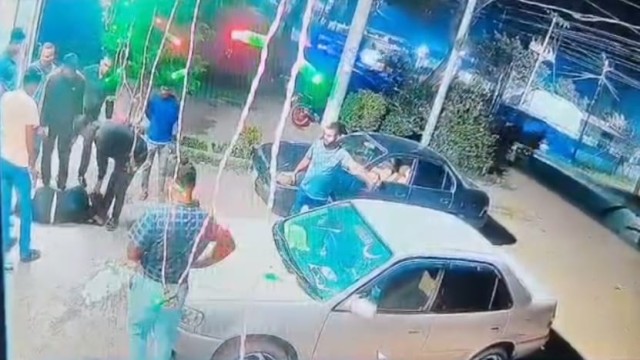
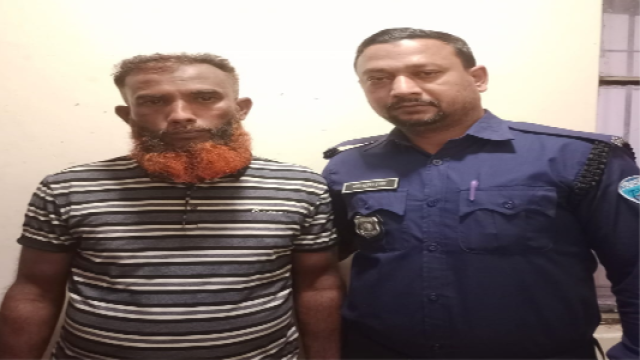

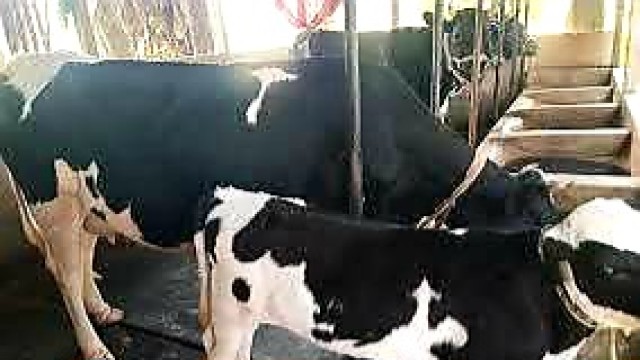

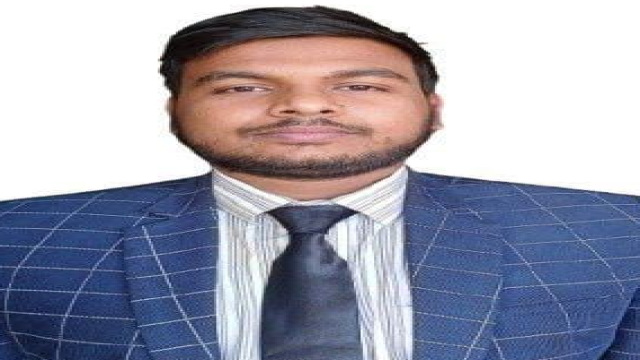
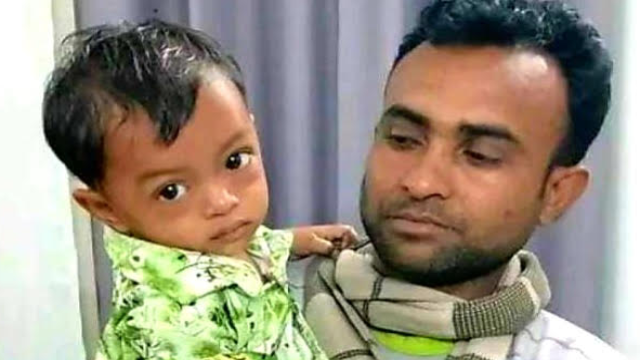
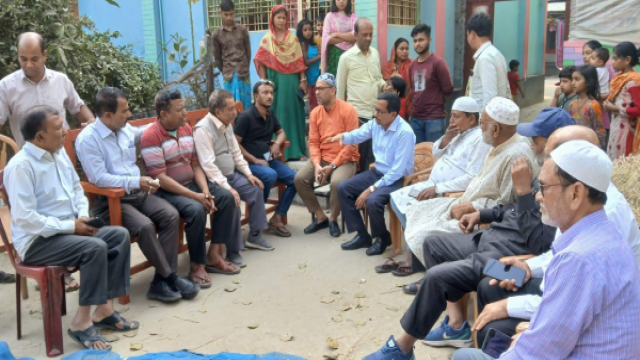
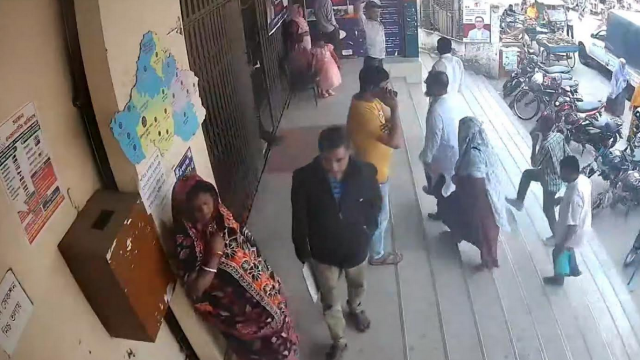
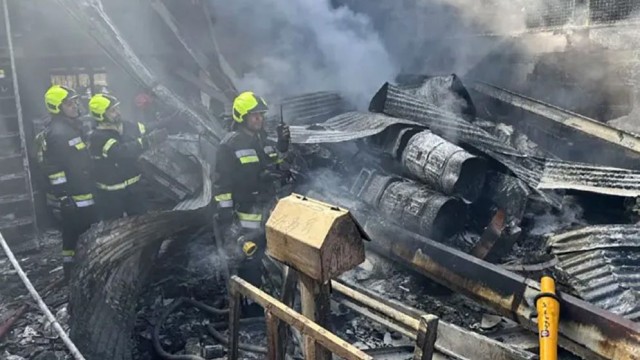







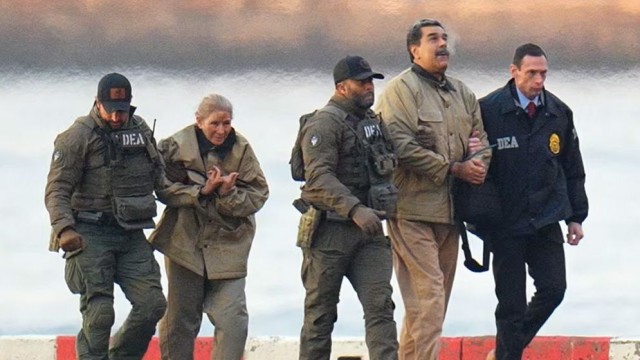



Comment: